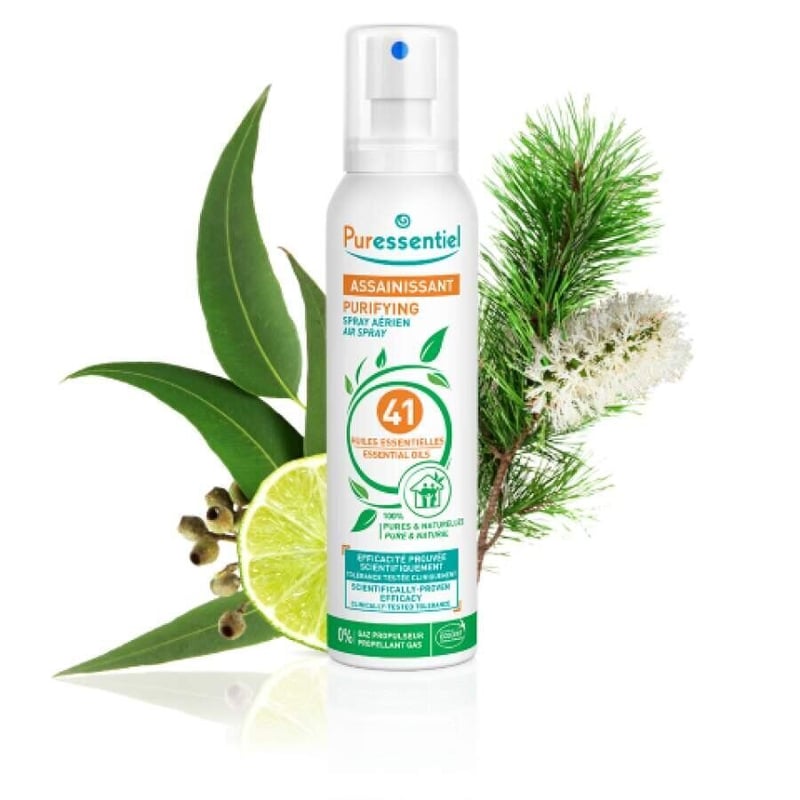Diabetics exposed to air pollution at high risk of lung disease -- study
Written by: WeRise WeRise Save to Instapaper
Diabetics living in ozone-polluted areas may have an increased risk of developing interstitial lung disease -- a condition that may exacerbate the negative effects of Covid-19, a new study notes.
The US study connects insulin resistance and repetitive ozone exposure to the development of interstitial lung disease also known as pulmonary fibrosis which results in difficulty breathing.
Findings of the study on mice showed a direct relationship between insulin resistance levels and the severity of lung inflammation and scarring (fibrosis). Ozone, a gas also referred to as “smog”, is known to intensify conditions such as asthma and rhinitis. Recent epidemiology also suggests a link between high ozone concentrations and adverse effects in the deep lung.
"Evidence suggests that ozone exposure could exacerbate pulmonary fibrosis, particularly in individuals that are diabetic," said Robert Tighe from Duke University's Department of Medicine. "Poorly controlled diabetes, in particular, may be an important co-morbidity for worsened lung damage."
The study’s lead author, James Wagner, said: “Our findings are especially important today as we’re in the midst of the Covid-19 pandemic, where we have great concern regarding the convergence of health effects from air pollution and SARS-CoV-2 in susceptible populations like people with diabetes.
”The World Health Organization says 91 percent of the global population lives in places where air quality exceeds the guideline limits and in South Africa, air quality is considered moderately unsafe. Diabetes affects up to 3.5 million South Africans and is the second most common cause of death in SA.
Health expert Vanessa Ascencao says respiratory illness is on the rise in SA. “Research shows that indoor air may be even more polluted than outside due to mould, pollen, household cleaning products, pesticides, gases and building materials, and treating it with essential oils may be effective in countering viruses, bacteria, mould, fungi and dust mites.
”She said studies indicate the aroma molecules of essential oils may activate nasal passage receptors, triggering an immune response. Essential oils’ chemical structure resembles hormones, making them uniquely useful for respiratory symptoms. Research shows that Puressentiel spray contains 41 essential oils, is classified as a natural biocide and may lead to a slight bronchio-dilating effect.
“Tests show Puressentiel’s antimicrobial effects may eliminate airborne bacteria fungal spores, viruses and dust mites and may help counter respiratory allergies, including asthma,” said Ascencao.
Get new press articles by email
Latest from
- Over Half a Million South Africans Scammed — DSA Warns of Rising Fraud Crisis
- DSA Members offer South Africans a Legit Economic Solution while Fraud & Scams Surge
- Fight South Africa’s Most Common Male Cancer - Know Your Prostate, It’s Worth The Check
- Women’s Month - Urology Hospital Puts Women’s Silent Struggles in the Spotlight
- Youth Unemployment Persists—Entrepreneurship is South Africa’s Urgent Solution
- Urology Hospital Performs Free Procedures for Public Hospital Patients this Mandela Month
- Fighting the ‘Silent Disease’–Urology Hospital’s Free Workshop Tackle’s Chronic Kidney Disease
- Tackling SA’s Unemployment - Key to Economic Growth and Equality – DSA
- Urology Hospital Tackles Myths and Prioritises Women’s Urological Health at Wellness Day
- Urology Hospital Tackles Myths and Prioritises Women's Urological Health at Wellness Day
- Urology Hospital - Doctors collaborate with African Synergy Health to perform free robotic prostatectomies this Mandela Day
- World Kidney Day - Urology Hospital to offer free kidney health screening
- SA matriculants, graduates brace for employment struggle - DSA offers new opportunities
- Indebted South Africans face financial ruin amid interest rate hike and growing risk of scams
- The Urology Hospital partners with African Synergy Health to perform life changing procedures
The Pulse Latest Articles
- Game On, Gloot Girls! Get Ready For The Strongest, Sassiest 10s Series Yet. (February 3, 2026)
- Opinion Piece: Workplace Trends For 2026 And Beyond (February 3, 2026)
- Bite Sized Wellness, Big Time Benefits (January 28, 2026)
- Opinion Piece: The Power Of Engagement Surveys (January 26, 2026)
- Meet Gloot Energy: Power Made For Women (January 22, 2026)
